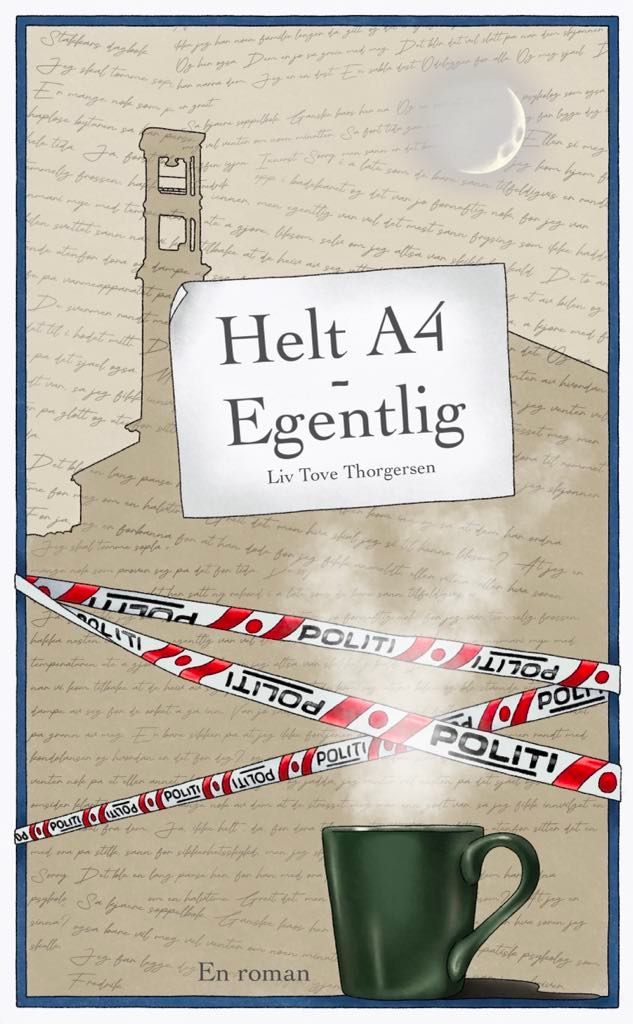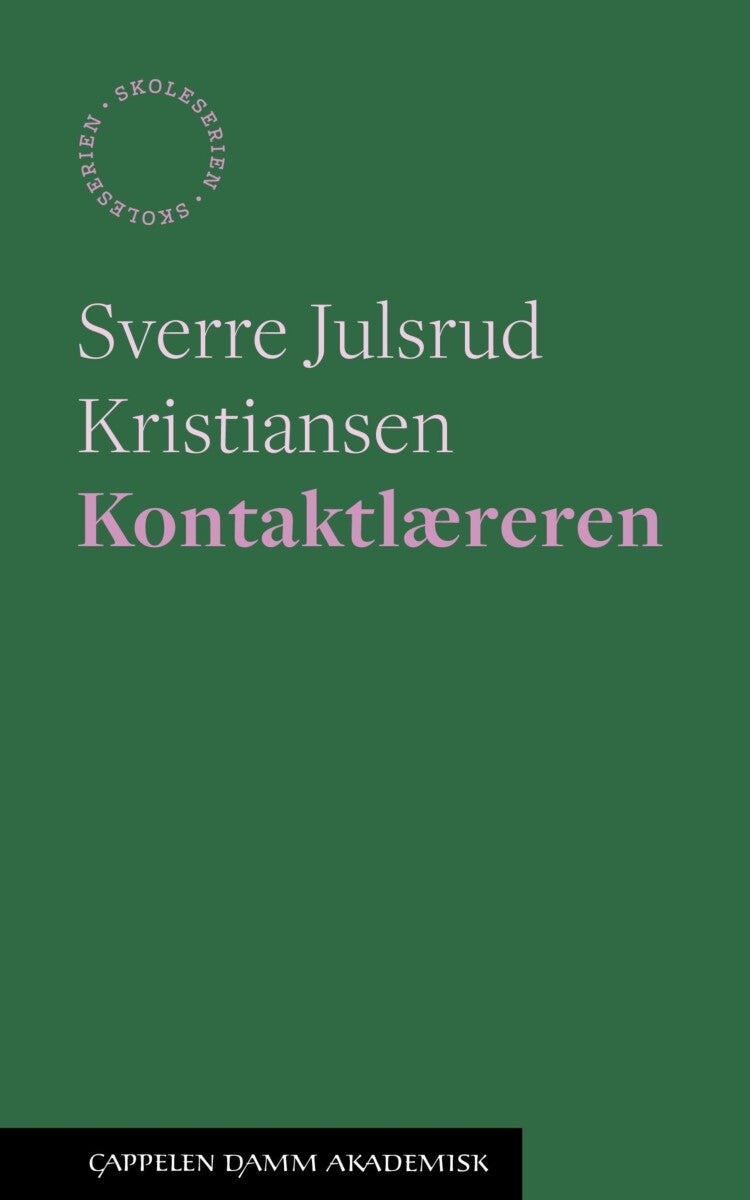
Destroy and Liberate av Oliver Feltham
359,-
In David Hume''s science of human nature each and every self is located by passions that bind it to groups, repel it from other groups, and rank it on a hierarchy: we call this discovery a ''topology of passions''. These ranked selves and groups provide the matter of what he called ''government'', a neutral model of political action designed to avoid the malady of faction and catapult Scotland out of feudalism into a glorious future as a commercial society. Government is to be assisted in this project by the new discipline of political economy, a discipline blind beyond its measures of privileged variables - the volume of trade, interest rates, wage levels. It is such measures that will justify the destruction of any obstacle to the commercial passions. To govern - a new kind of action for a new epoch - is to destroy and liberate. But ever since Hume governments have fallen apart because they fail to take into account the complexity of their societies as topologies of passions. It is t








